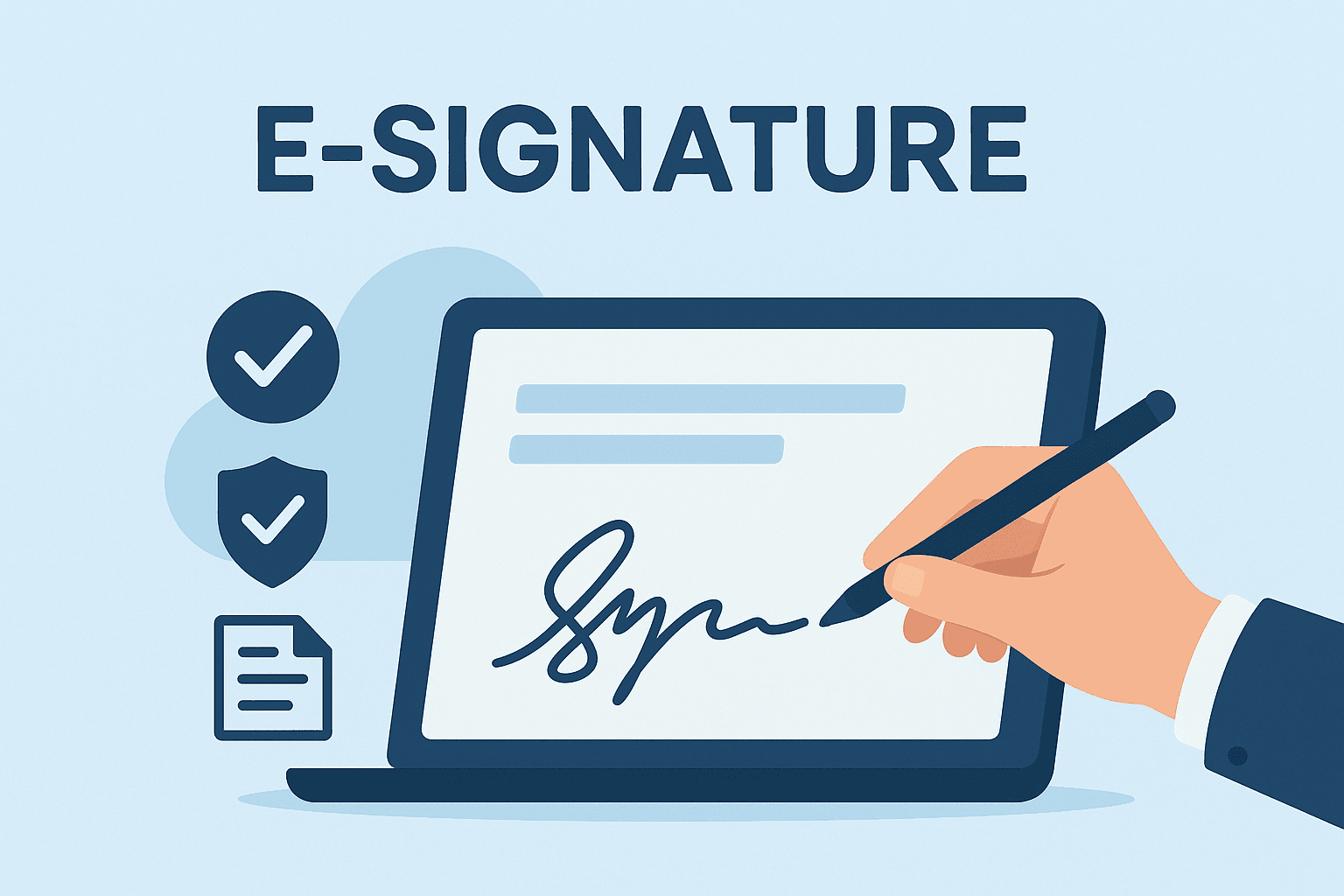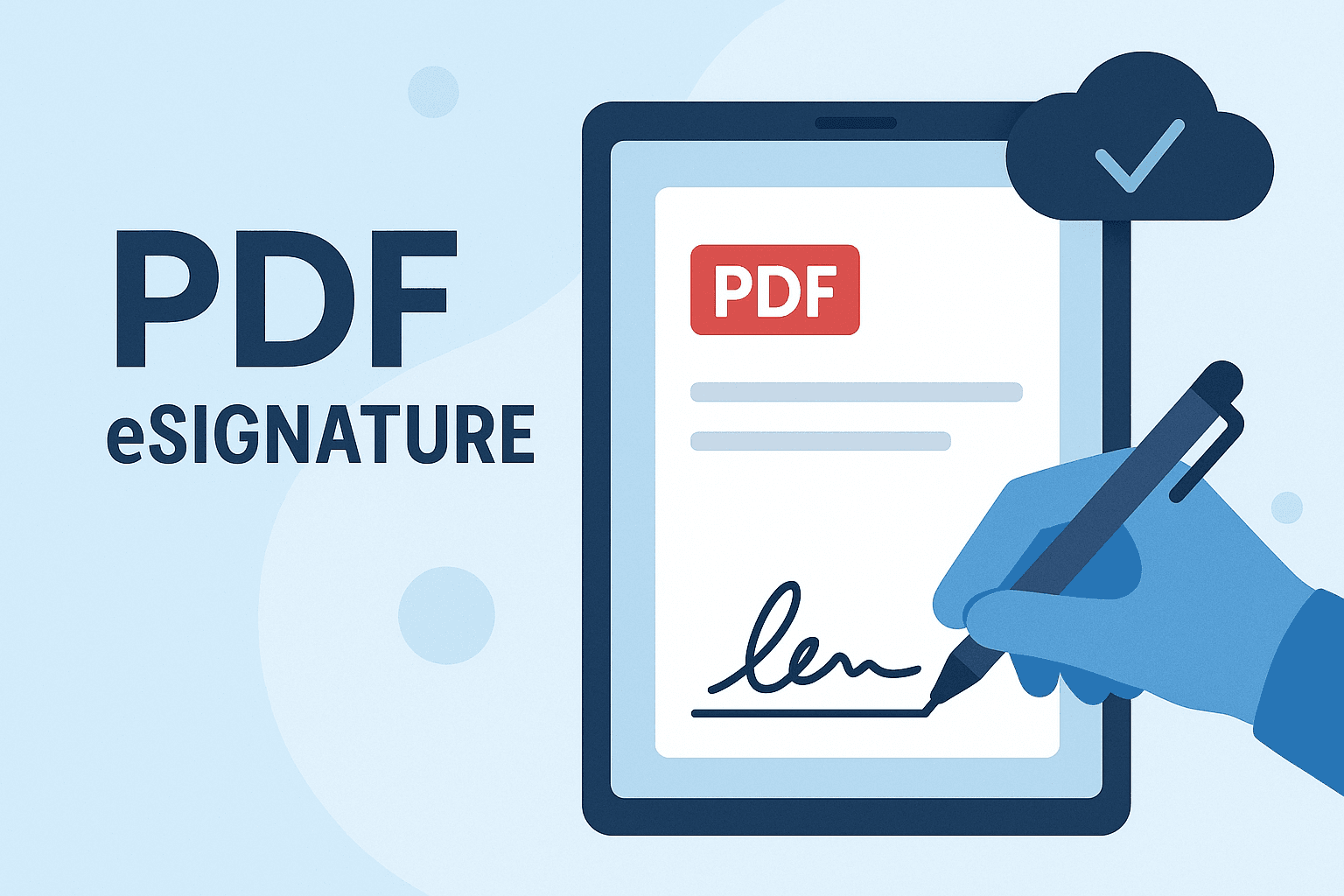are electronic signatures acceptable





Are Electronic Signatures Acceptable? A Comprehensive Guide for Local Compliance
In today’s fast-paced digital economy, the need for swift, secure, and efficient document signing solutions has never been more pressing. One question consistently arises among business owners, legal professionals, and individuals alike: Are electronic signatures acceptable? The answer is a resounding yes in most jurisdictions — but with important caveats related to local legislation and compliance requirements.
This article explores where and when electronic signatures (also known as e-signatures or eSignatures) are legally valid, focusing specifically on regional considerations across Asia, particularly in Hong Kong and Southeast Asia. We’ll break down the basics, examine local legal frameworks, and help you determine when and how electronic signatures can be used effectively and legally.
What Is an Electronic Signature?
An electronic signature refers to any electronic method that indicates acceptance or approval of a document or agreement. It can be as simple as typing your name at the bottom of an email or more secure, involving encryption and a trusted digital certificate authority.
Electronic signatures are legally distinct from digital signatures, although the terms are often used interchangeably. While both provide authentication, digital signatures use cryptographic algorithms to secure transactions — particularly critical in high-stakes legal or financial agreements.

Legal Acceptance of Electronic Signatures: An Overview
Globally, electronic signatures are widely accepted. In the United States, the ESIGN Act (2000) and the Uniform Electronic Transactions Act (UETA) serve as the primary legal framework. In the European Union, the eIDAS regulation provides stringent guidelines for different types of electronic signatures, including qualified eSignatures.
However, acceptance and enforcement can vary by region. That’s why understanding the local rules is crucial, particularly in jurisdictions across Asia.
Electronic Signatures in Hong Kong
In Hong Kong, electronic signatures are legally recognized under the Electronic Transactions Ordinance (Cap. 553), which came into effect in 2000. This Ordinance confirms that a contract cannot be denied legal effect solely because it is in electronic form or signed electronically.
However, some exceptions apply. For instance, documents including wills, trusts, powers of attorney, and dealings with Hong Kong land and property must still be executed in wet ink/paper form.
To ensure validity under Hong Kong law, the signature must:
- Identify the signer and indicate their approval of the contents.
- Be reliable and appropriate in light of the purpose of the communication or transaction.

E-signature platforms that incorporate robust identity verification and tamper-proof audit trails are typically favored in Hong Kong’s legal and corporate environments.
The Legal Landscape in Southeast Asia
Southeast Asia consists of a diverse range of legal systems, including common law (e.g. Singapore, Malaysia) and civil law traditions (e.g. Indonesia, Vietnam). Here’s how some key countries handle e-signatures:
Singapore:
Singapore’s Electronic Transactions Act (ETA) recognizes electronic signatures and digital signatures as legally binding, provided they meet authenticity and reliability criteria. The Infocomm Media Development Authority (IMDA) also issues guidance on secure signature technologies.
Malaysia:
Malaysia’s Digital Signature Act 1997 and the Electronic Commerce Act 2006 govern the use of e-signatures. The country recognizes both digital and non-digital e-signatures, with the former being more suitable for regulated industries such as banking or finance.
Indonesia:
Electronic signatures are permitted under Law No. 11 of 2008 and its related government regulations. The Indonesian Government classifies e-signatures into certified and uncertified ones. Certified electronic signatures issued through registered Certificate Authorities generally hold the most legal weight.
Vietnam:
In Vietnam, the Law on E-Transactions (2005) acknowledges electronic signatures, provided they satisfy certain authenticity standards. Digital certificates from licensed authorities chart the line between informal e-signatures and legally binding instruments.
In all of these markets, trust and compliance usually hinge on meeting each country’s specific standards for authentication, non-repudiation, and data security.

When Are Electronic Signatures Not Acceptable?
Despite their widespread acceptance, electronic signatures are not a universal fit. Jurisdictions and use cases frequently carve out exceptions that require handwritten (wet ink) signatures. Typical examples include:
- Wills and testamentary documents
- Documents involving rights over real property (e.g. title transfers)
- Court applications or certain statutory declarations
- Documents requiring notarization
These exceptions are often specified in national electronic transaction laws. Therefore, always consult local legal counsel when dealing with sensitive or industry-specific documents.
Choosing the Right E-Signature Solution for Legal Compliance
With regulations differing across markets, choosing a regionally compliant e-signature platform becomes vital. While global providers like DocuSign dominate the market, localized solutions tailored to Asian regulatory requirements are often better suited.
Look for these features in your e-signature provider:
- Compliance with Local Laws – Ensure compatibility with regulations like Hong Kong’s Electronic Transactions Ordinance or Singapore’s ETA.
- Audit Trail – A verifiable log that includes timestamps, IP addresses, and identity proofs.
- Identity Verification – Use of two-factor authentication, biometric data, or digital certificates.
- Tamper-Seal Technology – Locks the document to prevent any modifications after signatures are applied.

Common Use Cases Where E-Signatures Are Widely Accepted
Understanding where electronic signatures excel can help streamline business operations. Typical uses include:
- Employment contracts
- Non-disclosure agreements
- Sales and purchase agreements
- Vendor onboarding and supplier contracts
- Internal corporate approvals and board resolutions
Using compliant electronic signature solutions dramatically improves business efficiency while minimizing paperwork and geographic limitations.
Risks and How to Mitigate Them
Although e-signatures are secure, they are not invincible to misuse. The main risks involve:
- Forgery or impersonation
- Lack of detailed audit trail
- Questionable identity verification
- Acceptance refusal by another party
To mitigate these challenges, select providers that use Public Key Infrastructure (PKI), government-accredited certificate authorities, and secure cloud protocols.

Summary: Are Electronic Signatures Acceptable?
Yes, electronic signatures are widely acceptable and legally enforceable — but legal validity depends on jurisdiction, transaction type, and how the signature is implemented. In Hong Kong and Southeast Asia, legislation has greatly aligned with global norms in recognizing the effectiveness of e-signatures, provided certain security and reliability benchmarks are met.
Looking for a Regionally Compliant E-Signature Solution?
If you’re a business operating in Hong Kong or Southeast Asia, and seek a reliable, legally compliant alternative to DocuSign, consider eSignGlobal — a trusted e-signature solution built for local regulations and cross-border transactions. It provides all the security, auditability, and compliance features tailored for Asia-Pacific businesses.


 Only business email allowed
Only business email allowed


